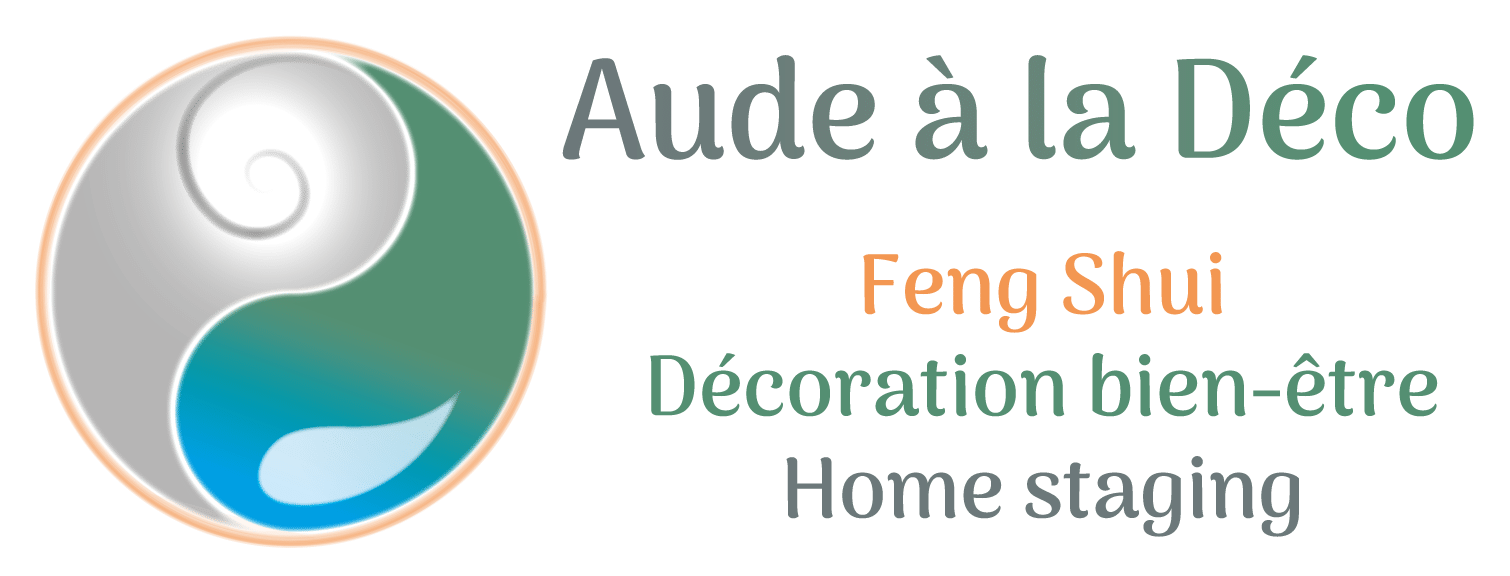Chi, the life force
Chi is the vital force at the heart of all things. It is called Ki by the Japanese, Prana by the Hindus or Pneuma by the Greeks. The most important word of my Feng Shui glossary !
For Westerners, Chi (pronounced “tchi”) is an abstract notion that cannot be scientifically proven. However, the Eastern world is convinced that this vital breath is at the origin of everything that determines life. There are no instruments to measure it. However, it is the observation of the forces of nature (wind, rain, storms, etc.) that gives rise to this notion of chi.
As its circulation determines the favourable or unfavourable conditions of life, it governs our happiness, our prosperity, our relationships, our success and our health.
Adjusting this circulation of chi is a job that Qi Gong teachers, feng shui experts or traditional Chinese doctors have in common.
It is the air we breathe, but it is also the information field, or matrix, that connects us to each other.
In “The Tao of Physics”, Fritjof Capra tells us:
“Like the quantum field, Chi is conceived as a form of tenuous and imperceptible matter which, present throughout space, condenses into solid material objects.”
“As in quantum field theory, the field – or Chi – is not only the underlying essence of all material objects, but drives their interactions in the form of waves.”
These definitions speak to me a lot. This is how I visualise Chi when I do a Feng Shui survey. For me, it is this “substance” that the Feng Shui expert manipulates to improve the lives of his clients.
When we know that the Great Void is full of Chi,
One knows that Nothingness does not exist.
Chi and Feng Chui
Guo Po is considered the father of Feng Shui. In “The Book of Burials”, he describes the different landscapes suitable for the location of graves. The quality of a site is formalised in one basic sentence: the energy of the Dragon will be dispersed by the wind (feng) and will stop at the water’s edge (chui).
This is the first time the term Feng Shui is defined. It is the Dragon that carries the life force, the Chi.
Thus, to know if a location (grave or home) benefits from positive energy, one must look at two elements:
– the site must be protected from the wind, since the wind disperses the chi and one wishes to retain it
– the site must have a body of water or an open space, to stop the energy from accumulating in front of the site.
Chi is in perpetual motion: wind (feng) disperses chi, water (chui) holds it back. This metaphor is the basis of the form school, or landscape feng shui.
Indeed, one can understand that chi can be influenced, directed, constrained, by the formations of the landscape.
If you need to materialise chi, imagine water: calm, on the surface of a lake, or gushing in a waterfall, or bouncing in a stream… Water is synonymous with life, like chi.
In the same way, imagine now that the wind is also a vehicle for chi: it sweeps the clouds, lays down the rushes, has the power to produce electricity.
Too much water, like too much wind, is not a beneficial situation. Neither is too little. It’s the same with chi. We always come back to this notion of balance, fundamental in Feng Shui.

2 kind of Chi
There are two types of chi, and the whole art of Feng Shui is to attract the most favourable one.
Sheng chi: this is positive chi, nourishing chi. It carries favourable currents: a well-kept garden, a tidy interior, the murmur of a stream, the chirping of birds, smooth and soft surfaces, the scent of a flower…
This type of Chi will contribute to our well-being.
Shar chi: this is negative chi, it attacks our senses. For example: disorder, rubbish, violence, pollution including noise and light, mould…
It can also result from energy lines created by corners, angles, beams… as the energy does not flow well from these lines, it is not beneficial.
The Feng Shui expert must identify these shar chi and find solutions to remove them or limit their effects.
Far be it from me to scare people, as we can see in some books that refer to shar chi as a poison arrow! The presence of such chi should not worry you more than it should. There is so much positive chi around us, perhaps the sum of these favourable effects will be enough to nullify the influence of shar chi.
Having said that, I urge you to observe your environment, whether it is external or internal, and to check if you cannot, very easily, eliminate harmful chi. Yes, yes, I ask you to tidy up your things, to wash the dishes, to mow the lawn, not to leave spoiled fruit in the basket… Easy, isn’t it? 🙂

To conclude
To conclude, chi is not only intangible. Yes, it is the breath of life that makes plants grow, makes people dream, stimulates the acupuncturist’s needles, but it is also the substance that lives in the heart of non-living matter: cars, tables, houses…
Like the balance between yin and yang, the duality cheng chi – shar chi is the basis of the discipline of Feng Shui. Feng Shui allows us to determine if the chi of the different elements around us are in harmony or not. In a future article, we can go further: I will talk about the 8 trigrams (ba gua), which represent the 8 aspects of Chi.
Do you understand now why Chi analysis is fundamental in a Feng Shui analysis?

You might also like these other articles:

